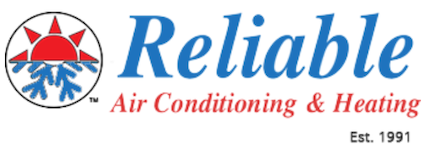Unlike traditional single-speed units, variable-speed versions adjust their airflow speed to precisely meet your household’s demand for heating and cooling. In this post, we explore the benefits and drawbacks of variable-speed heating and air conditioning technology to help you decide whether it’s the right system for your needs.

Benefits of Variable-Speed HVAC
Enhanced Comfort and Improved Air Quality
Variable-speed HVAC systems are engineered to run at lower speeds over longer periods, resulting in consistent indoor temperatures and improved comfort year-round. Moreover, these longer operating periods allow for more effective air filtration and humidity control, leading to better indoor air quality. With nearly continuous air circulation, allergens, dust, and humidity are more efficiently removed from your living space.
Energy Efficiency and Cost Savings
One of the most appealing aspects of variable-speed technology is its potential for energy savings. By operating primarily at lower speeds, these systems consume less electricity than their single-speed counterparts, which cycle on and off more frequently and at full power. This efficiency not only means reduced environmental impact but also lower utility bills. Over time, the high initial investment in a variable-speed system can be offset by its energy savings. You can request an estimate from a cooling and heating service provider to get a better idea ofthe price range for this type of system.
Quiet Operation
The reduced speed operation of variable-speed HVAC systems also contributes to a significantly quieter indoor environment. The disruptive noise commonly associated with the starting and stopping of traditional HVAC units is greatly diminished, providing a more peaceful and quiet home.
Drawbacks to Consider
Compatibility and Initial Cost
Despite their benefits, variable-speed HVAC systems are not suitable for every home. One potential issue is compatibility with existing ductwork; uninsulated or older ductwork can diminish the efficiency and effectiveness of these advanced systems. Additionally, the upfront cost of variable-speed HVAC units is typically higher than that of traditional systems. It’s crucial to weigh this initial investment against the long-term energy savings and comfort benefits.
Complexity and Repairs
The advanced technology of variable-speed systems could also mean more complex installation and repairs. This might translate to higher maintenance costs or the need for more specialized service technicians.
If you want to learn more about variable-speed HVAC systems, Reliable Air Conditioning & Heating is ready to answer your questions. We also offer indoor air quality testing. Call us at (818) 487-0671 or complete our online form to schedule a consultation.
